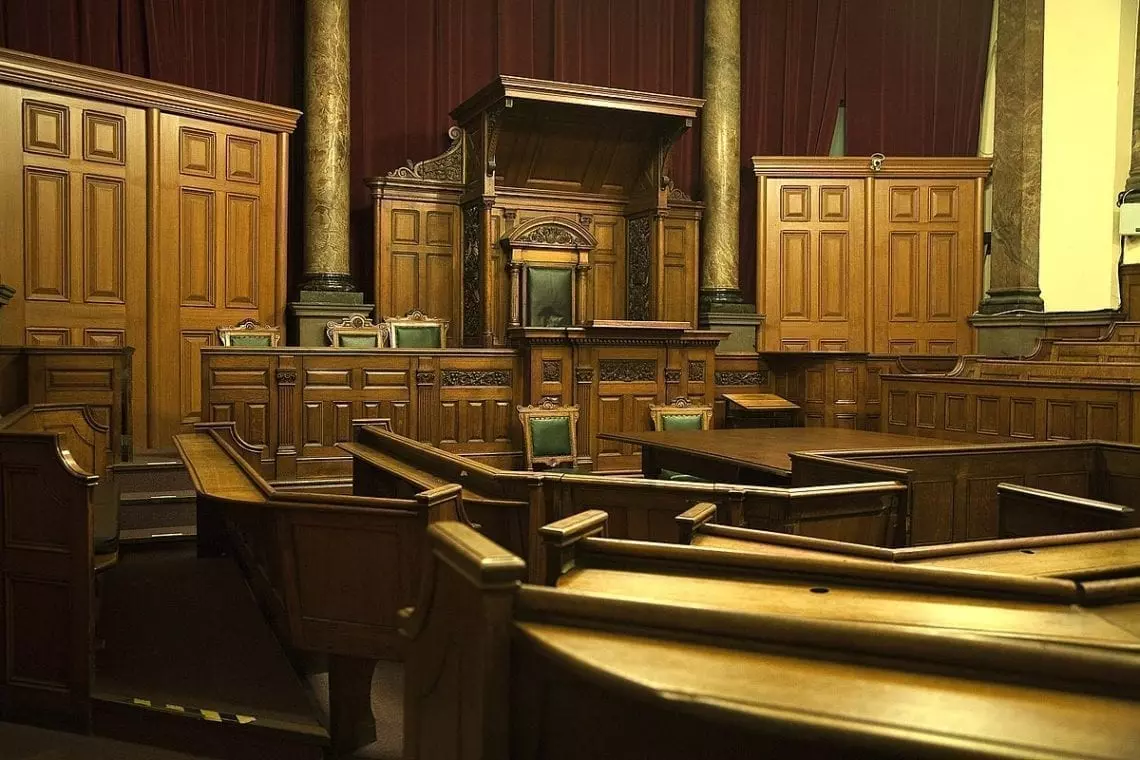criminal
Testifying Part 4 – Opinions of Experts
17 January, 2017

The Expert
This is part 4 of a series of articles on testifying in court.
Generally, only experts are able to provide the court with opinion evidence. All other witnesses are only permitted to provide evidence as to what they personally observed. Those observations are limited to what the witness saw, heard, smelt, tasted or touched. An “expert”, however, may provide an opinion as to what a set of observations may mean. They are allowed to interpret the observations and provide the court with an analysis and professional opinion.
A good example is an accident Reconstructionist who can provide an opinion as to how the accident occurred even though they did not personally witness it themselves. Another well-known example is the forensic examiner providing an opinion as to a cause of death or injury. Or someone who has expertise in extracting information located on a computer, as occurs in child pornography cases.
So who is an “expert” and how are they qualified to be one? In 1994, the Supreme Court of Canada provided the answer in the decision of R. v. Mohan, [1994] 2 SCR 9. The court stated that
Expert evidence, to be necessary, must likely be outside the experience and knowledge of a judge or jury. Experts, however, must not be permitted to usurp the functions of the trier of fact causing a trial to degenerate to a contest of experts.
The evidence must be given by a witness who is shown to have acquired special or peculiar knowledge through study or experience in respect of the matters on which he or she undertakes to testify.
In summary, expert evidence which advances a novel scientific theory or technique is subjected to special scrutiny to determine whether it meets a basic threshold of reliability and whether it is essential in the sense that the trier of fact will be unable to come to a satisfactory conclusion without the assistance of the expert. The closer the evidence approaches an opinion on an ultimate issue, the stricter the application of this principle.”
All of which to say that the “expert” must be someone with specialized knowledge that can assist the court in analyzing the evidence before the court. When deciding whether an expert is necessary for your trial, look to our specialized trial expertise. We can be reached at mail@lawyer4u.ca or (416) 900-6999.
Tags: criminal defence, information



